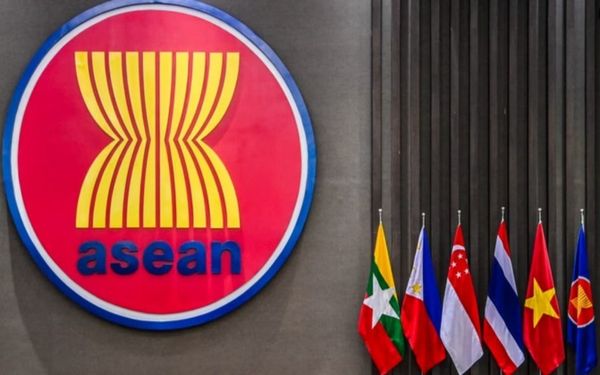SINGAPORE, April 10 — Asean should review regional non-tariff barriers to facilitate greater intra-regional trade amid growing uncertainty triggered by the United States’ (US) new tariff scheme, said the Singapore Business Federation (SBF).
Its chief executive officer Kok Ping Soon said that existing agreements like the Regional Comprehensive Economic Partnership (RCEP) should also be further enhanced to foster economic integration.
“Singapore must therefore use this unpredictable period to double down on its commitment to free and fair trade by seeking out opportunities to strengthen economic integration with other like-minded nations,” he said in a statement today.
Although Singapore is subject to a 10 per cent minimum base tariff, Kok stressed that the country is not immune to the broader impact of higher tariffs imposed on other economies.
The secondary impact of a global trade war could have significant repercussions on Singapore’s economy — which has a trade-to-gross domestic product ratio exceeding 300 per cent — particularly in sectors like logistics, wholesale trade, and financial services.
“This will, in turn, affect even the domestically oriented businesses arising from weaker demand and potentially higher prices. These will all be a drag to our economic growth,” he said, emphasising the importance of unity between business and government during this period.
Kok added that the SBF welcomes the opportunity to be represented in the National Taskforce, alongside the Singapore National Employers Federation and the National Trades Union Congress.
Singapore Prime Minister Lawrence Wong announced the establishment of the task force on Tuesday (April 8). It will be led by Deputy Prime Minister cum Trade and Industry Minister Gan Kim Yong and aims to help businesses and workers address immediate uncertainties, enhance resilience, and adapt to the evolving economic landscape in light of the US tariff measures.
On Wednesday, US President Donald Trump announced in a social media post that he had authorised a 90-day pause and substantially lowered the Reciprocal Tariff of 10 per cent on most countries.
— Bernama




